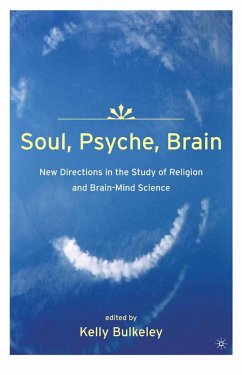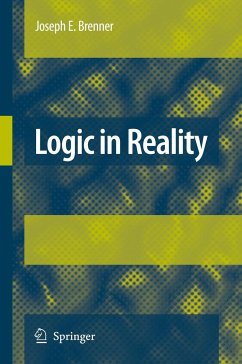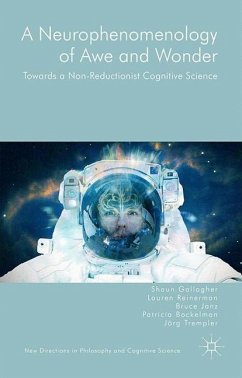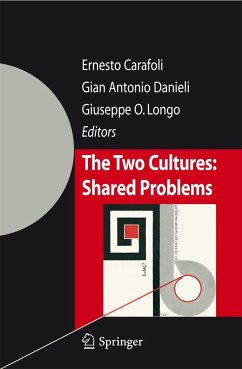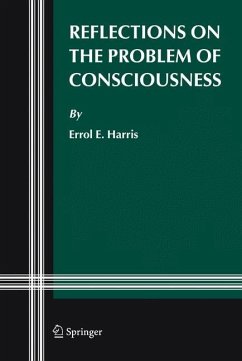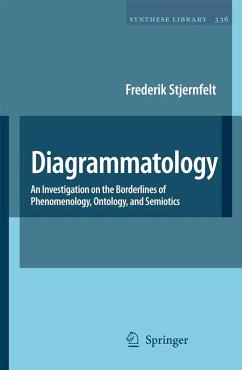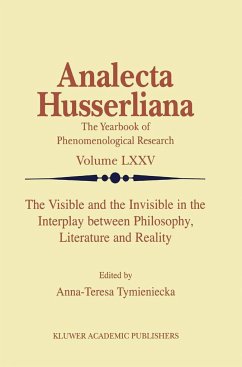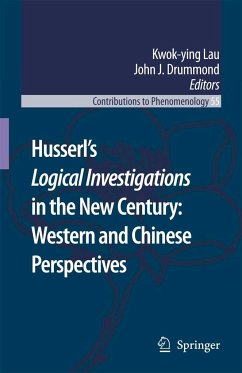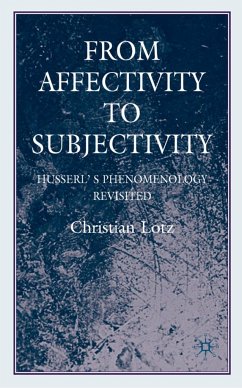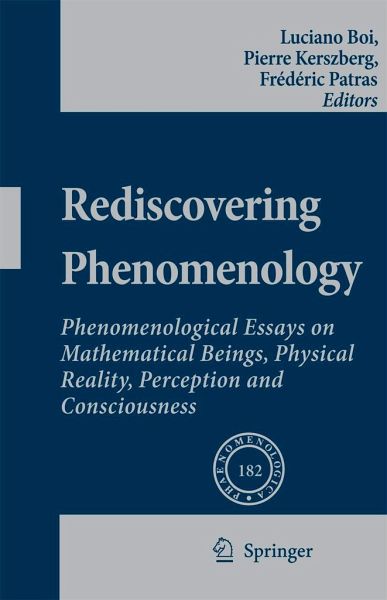
Rediscovering Phenomenology
Phenomenological Essays on Mathematical Beings, Physical Reality, Perception and Consciousness
Herausgegeben: Boi, Luciano; Kerszberg, Pierre; Patras, Frédéric

PAYBACK Punkte
57 °P sammeln!
This book proposes a new phenomenological analysis of the questions of perception and cognition which are of paramount importance for a better understanding of those processes which underlies the formation of knowledge and consciousness. It presents many clear arguments showing how a phenomenological perspective helps to deeply interpret most fundamental findings of current research in neurosciences and also in mathematical and physical sciences.
Beyond their remarkable technical accomplishments, the new directions taken by the sciences in recent decades call for renewal of their epistemological basis. The purpose of this book is to show that Husserl's transcendental phenomenology, if properly re-examined, provides the required framework for such an epistemology. This re-examination is both critical and constructive. (i) The absolute subjectivization or the full naturalization of consciousness must be rejected. (ii) The necessarily transcendental character of phenomenology is put to work in the search for a systematic connection between the modes of theoretical objectivation and the apprehension of the phenomenal world by intentional consciousness. A new look at some of the fundamental issues opened up by Husserl is thus suggested by recent advances in the theory of perception, attention, and the will; foundations of mathematics and formal logic; space-time or quantum physics.





